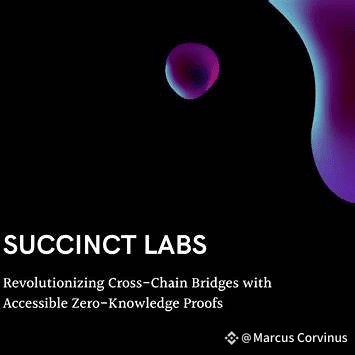I’ve been following blockchain for a while, and one thing that’s always fascinated me is zero-knowledge proofs. The idea still blows my mind you can prove something is true without revealing how you know it. But if I’m honest, every time I dug deeper into how to actually use this tech, it felt locked away behind complex math, custom code, and expensive infrastructure.
That’s why @Succinct Labs caught my attention. They’re not just talking about zero-knowledge proofs as a theoretical breakthrough they’re making it fast, easy, and something anyone can actually deploy.
What I Think the Big Problem Was
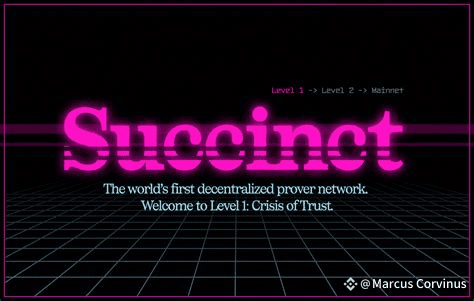
If you’ve ever looked into blockchain verification, you know the pain: every single node re-checks the same transaction data. It’s like asking an entire city to all grade the same homework, over and over again. It’s safe, but painfully slow and wasteful.
Zero-knowledge proofs fix that by letting one party (a prover) do the heavy lifting once, and then everyone else just checks a small, quick proof. But the problem? Setting up a general-purpose proof system was so messy that most projects didn’t even try.
The Decentralized Prover Network
Here’s where it gets interesting. Instead of one company generating all the proofs, Succinct Labs set up what they call the decentralized Prover Network.
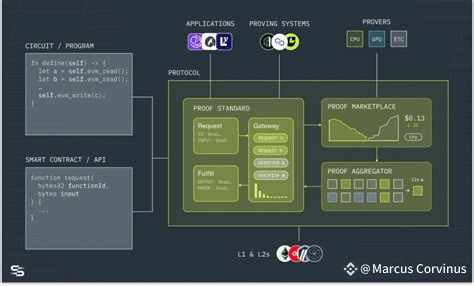
From what I understand, it works a bit like a competitive job board:
A project posts a request for a proof.
Independent provers from all over jump in to solve it.
The first one to deliver a correct proof gets paid.
And because they have to stake tokens to participate, anyone trying to cheat risks losing their stake.
If you think about it, this means there’s no single point of failure. The more people join, the more power and resilience the network gains.
SP1: The Part That Makes My Life Easier
The piece that really caught my eye is called SP1 — it’s a zero-knowledge virtual machine (zkVM) that runs normal programs without forcing developers to learn weird new languages.
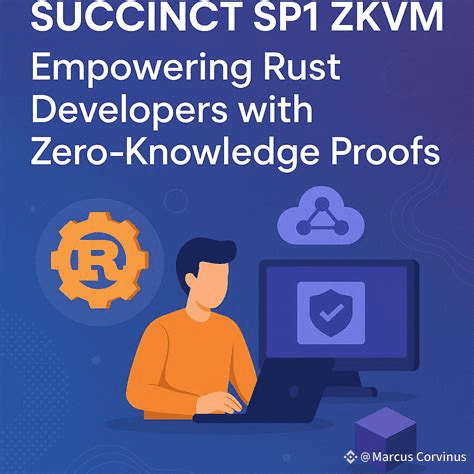
That’s huge. I’m imagining writing code in a language I already know, running it through SP1, and getting a ZK proof without hiring a team of cryptographers. They’re basically making proofs feel like just another step in the workflow, instead of a massive separate project.
Why I Think Decentralization Matters Here
If one company handled all proofs, I’d have to trust them completely — and I don’t like that idea. With this network, the trust is in the math, not in a brand name.
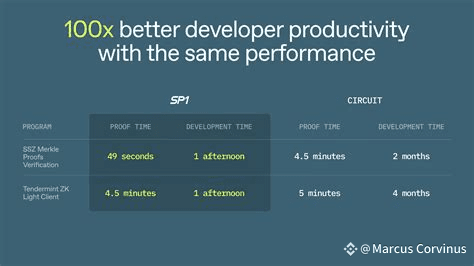
They’re building it so anyone can join, compete, and get rewarded, which keeps the system honest. And because there’s competition, it should stay fast and affordable.
The Token Side of Things
There’s also a token involved that makes the whole system run smoothly. Provers stake it to show they’re serious, get rewarded when they do the job right, and lose it if they try to cheat.
From what I’ve seen, this model isn’t just about payment — it’s about aligning everyone’s incentives so the network stays healthy.
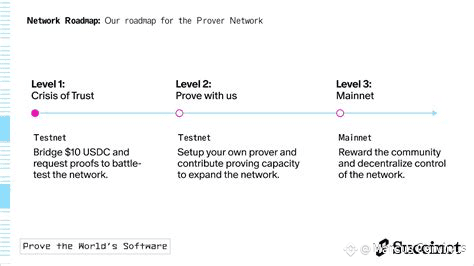
Why This Tech Could Matter Everywhere
I’m not exaggerating when I say zero-knowledge could change a lot more than just crypto:
Cross-chain bridges could finally be trustless.
AI could prove its decisions without exposing private training data.
Scalable rollups could handle huge transaction volumes at low cost.
Enterprises could prove compliance without revealing customer secrets.
It’s one of those rare cases where the same tool solves problems in finance, AI, gaming, and even government services.
Succinct’s $PROVE Token: The Fuel That Keeps the Network Honest
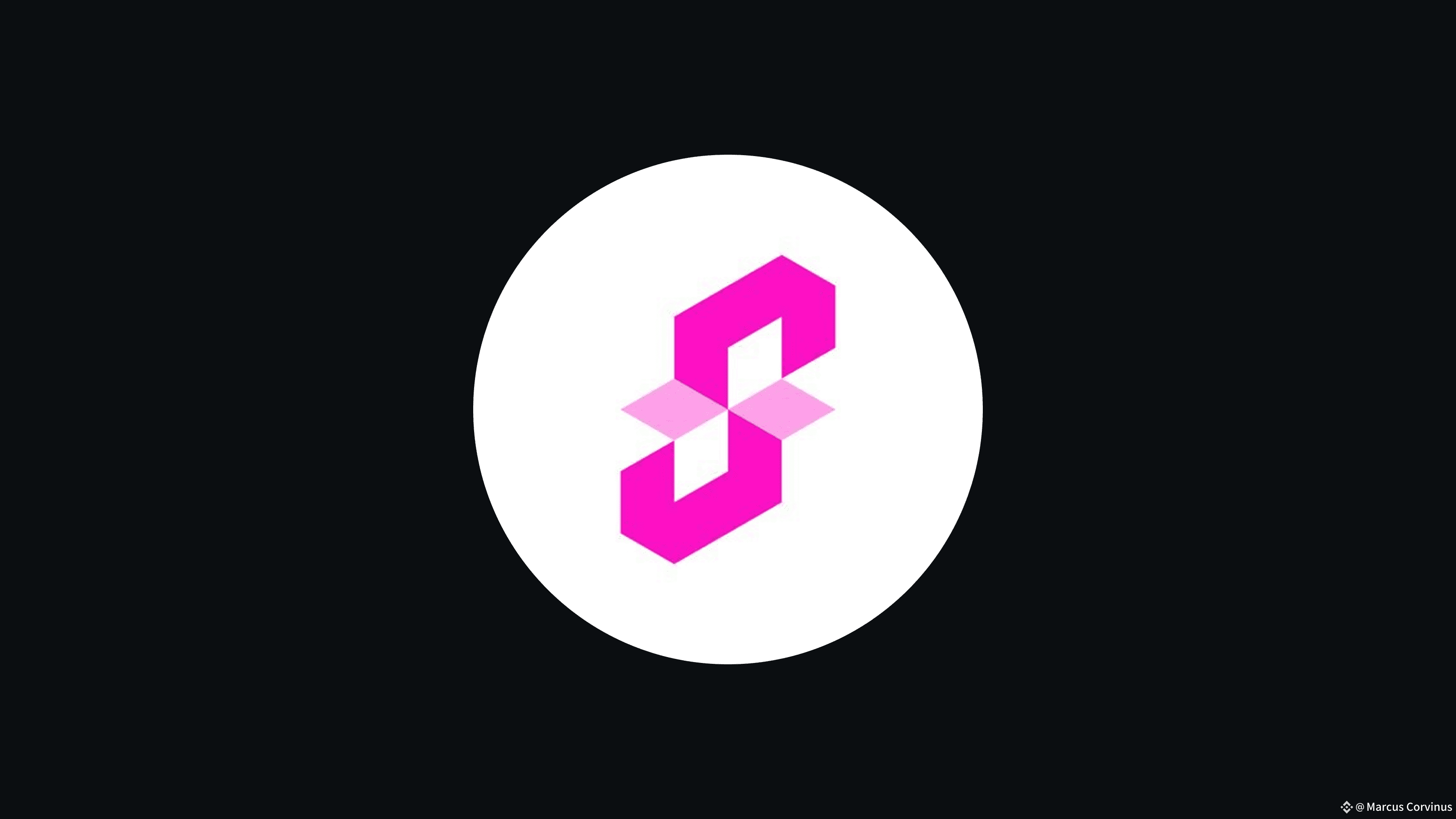
When I first looked into how Succinct keeps its decentralized prover network running smoothly, the $PROVE token caught my attention. It’s not just some random coin floating around — it’s the glue that holds the whole system together.
Here’s how I see it:
If you want to be a prover in the network (someone who generates zero-knowledge proofs), you stake $PROVE tokens as a kind of skin in the game. That stake says, I’m serious about doing the job right. If you submit bad or dishonest proofs, you risk losing part of that stake. If you deliver correct proofs quickly, you earn rewards in $PROVE.
I like that this setup creates a balance:
Provers stay honest because they have something to lose.
Projects get reliable proofs without having to trust any single party.
The network stays competitive because faster and better provers earn more rewards.
It’s basically a built-in accountability system powered by incentives, not promises. In a way, PROVE isn’t just a token — it’s the backbone of how Succinct keeps everything fair, efficient, and secure.
Where I Think This Is Going
If they pull this off, proof generation could become something developers hardly even think about — it would just happen in the background, the way we don’t think about HTTPS every time we open a website.
I’m imagining a future where any claim online — from this transaction happened to this AI made a fair decision — can be backed up instantly by a zero-knowledge proof. And if that future comes, Succinct Labs will have played a big part in making it possible.
LFG @Succinct
